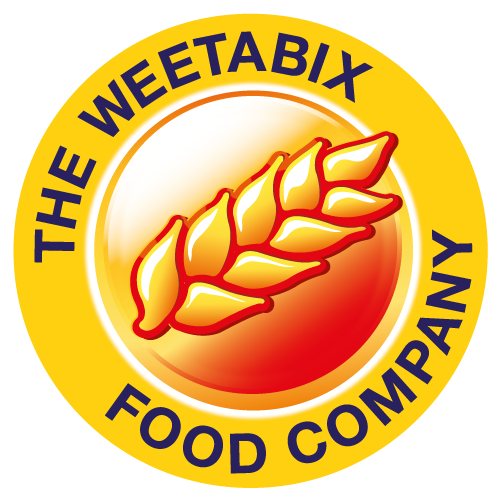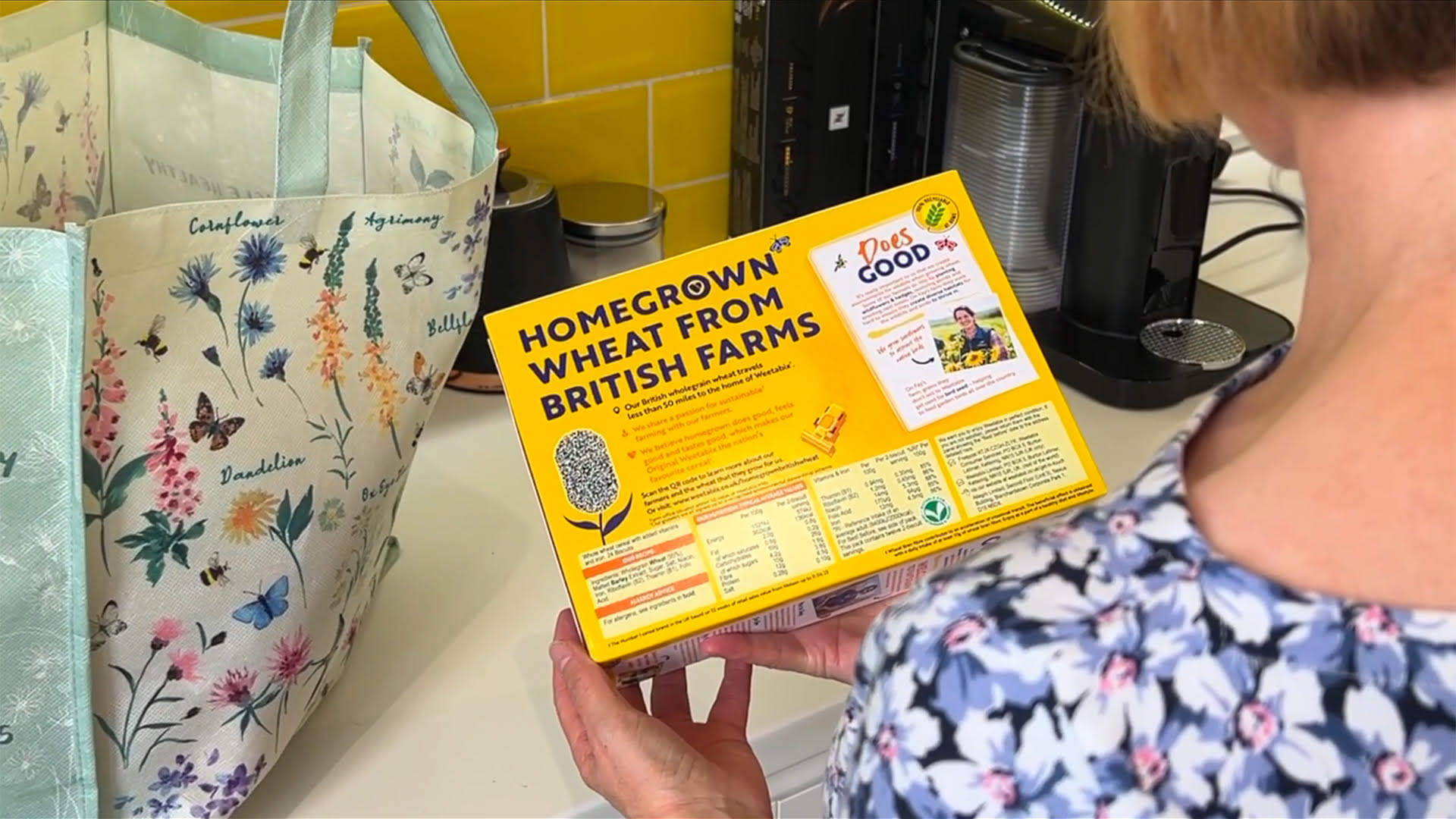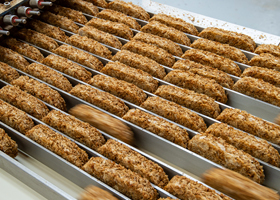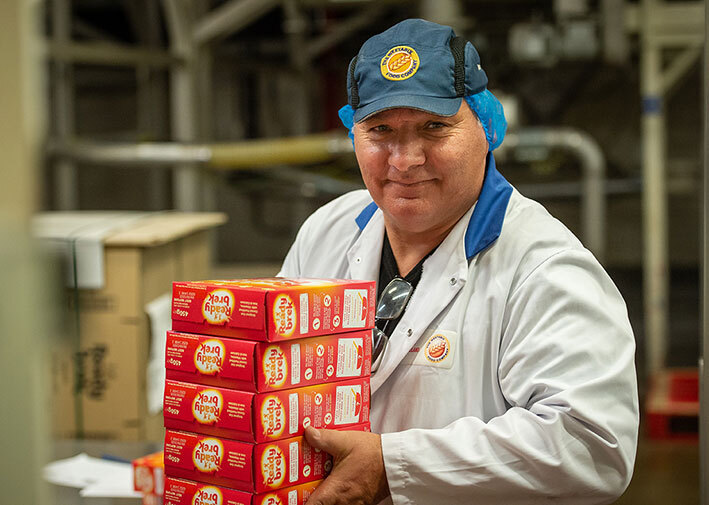100% recyclable packaging achieved
The improvements we make to the way we package our products for both transport and sale to consumers have an important role to play in helping us minimise waste, improve recyclability and lower our overall carbon footprint.
How we develop, market and package our products is a key area of focus. 2024 saw us add a Navilens code to our packaging, to help those who are partially sighted to navigate the supermarket aisle more easily.





